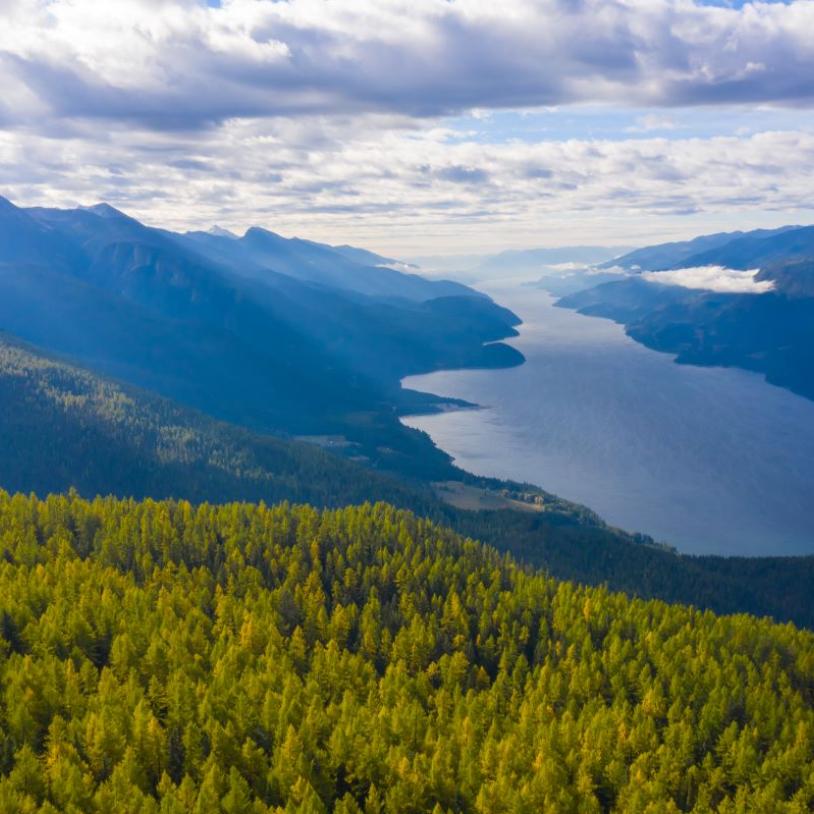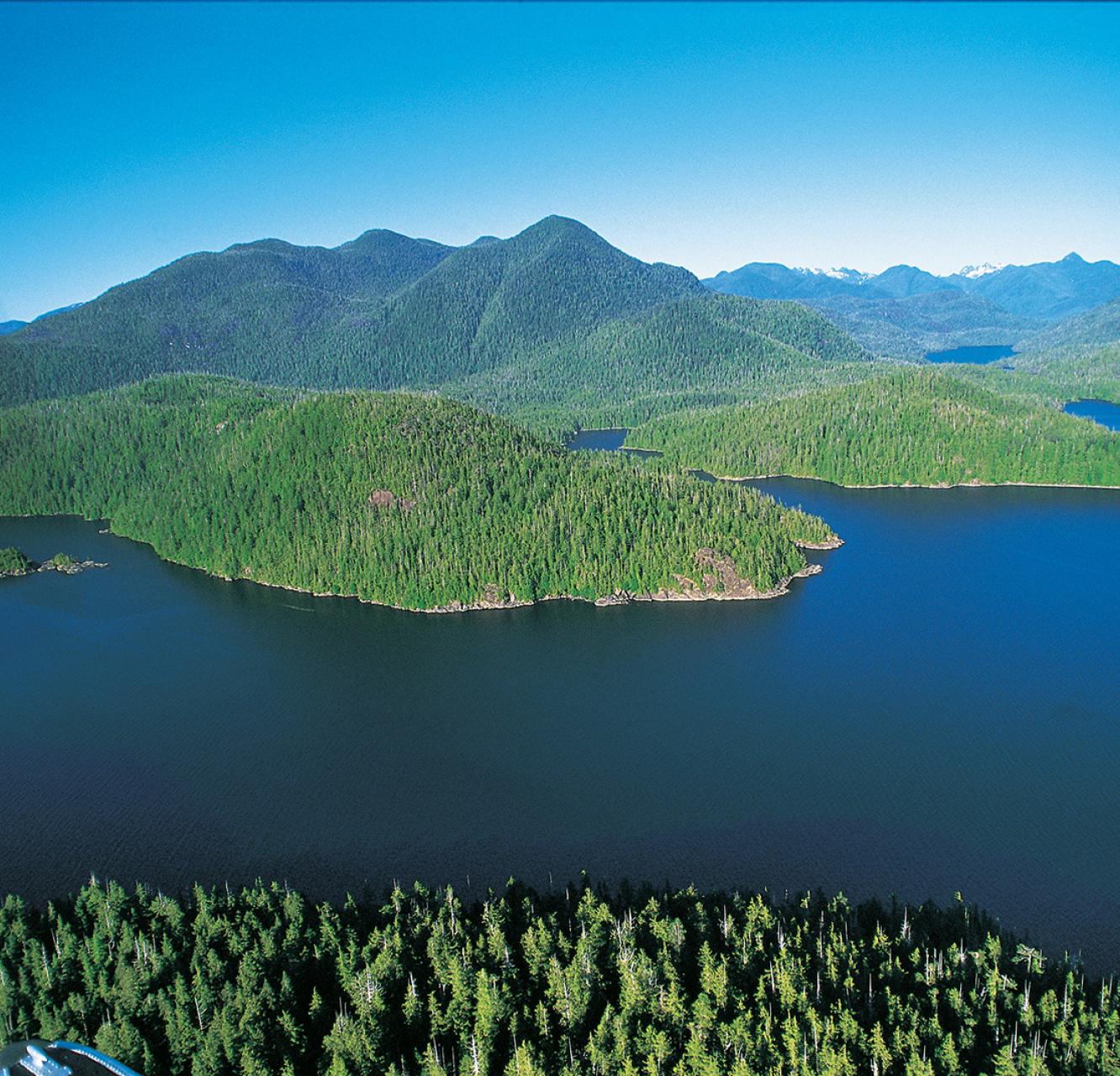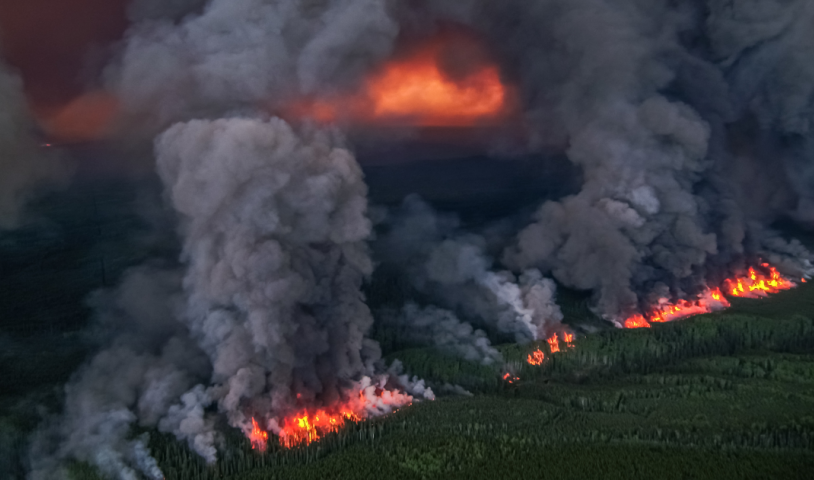Taseko receives response to WCWC defamation suit
Thursday, March 29, 2012
The Western Canada Wilderness Committee denies that it defamed Taseko Mines Ltd. when it accused the company of planning to pollute two lakes near the proposed Prosperity mine. Responding to a lawsuit it faces from Taseko, the environmental group maintains that Taseko's new plans for Prosperity will result in toxic material entering the lakes.
The denials come in response to a defamation case that Taseko filed against the WCWC in the Supreme Court of British Columbia earlier this month. The company complained about postings on the WCWC's website that stated the company would use a small water body called Little Fish Lake as a tailings pond. Taseko said the website was misleading, because the company had no such plans, and would be placing its tailings site away from the lake. By telling visitors to its website otherwise, the WCWC was defaming Taseko, the suit stated.
The WCWC, however, says that the mine remains a grave risk to both Little Fish Lake and nearby Fish Lake. It relies on the findings of a federal review panel in 2010, which denied the company's initial application to build the mine because of the possibility of damage to Fish Lake from tailings.
The dispute stems from Taseko's planned construction of the Prosperity mine near Williams Lake, B.C. The mine would sit on the seventh-largest gold-copper deposit in the world and would create 71,000 jobs over its 23-year life, the company says. The B.C. government has already approved the mine, but Taseko has so far been unable to secure approval from the federal government, with the issue being damage from tailings. The company filed a renewed application for the mine in 2011, which includes a plan to move tailings away from the lake.
Taseko's lawsuit
Taseko filed a notice of claim against the WCWC at the Vancouver courthouse on March 1, 2012, complaining about a statement on the group's website. The statement read in part, "the new mine plan that Taseko is seeking approval for proposes turning Little Fish Lake into a toxic tailings pond." According to the suit, the statement was entirely misleading, as the company had no plan to turn the lake into a tailings pond.
The company said the statement was part of a "reckless and overzealous campaign to encourage the general public to oppose the Prosperity Project." Taseko also complained that the statements left the public with the impression that the company was environmentally irresponsible and was a poor corporate citizen.
Taseko sought an injunction that would remove the statements and bar future publication. It also asked for general, special, punitive and aggravated damages, plus court costs. In addition to the WCWC, the suit named as a defendant Sven Biggs, who works as the "outreach director" of the WCWC from its head office in Vancouver. The suit was filed on Taseko's behalf by its lawyer, Joan Young.
WCWC's response
Taseko and Mr. Biggs filed their response to the suit on March 23. In it, they say their comments were true and were based on prior statements by both Taseko and the federal panel that denied the Prosperity application in 2010.
Much of their response sets out the findings of that panel, in which it described the difficulties of building the Prosperity mine next to Fish Lake without polluting the lake. Included in those findings was a statement by Taseko's vice-president of engineering, Scott Jones, who said that the water quality of Fish Lake would inevitably degrade. "You might be able to delay that by moving the tailings facility farther away ... but eventually the water quality will change," his statement read.
The WCWC claims that the information on its website was based on the federal report. As such, it is not only true, but it is not capable of being defamatory because it was a report of a judicial proceeding. Alternatively, the statements were fair comment based on true facts, the response states.
Finally, the WCWC says that the suit is an abuse of process. The true purpose of Taseko's claim is to "curb the defendants' exercise of freedom of expression to the extent it is critical of the plaintiff's project." As the WCWC sees it, the case should be considered a "strategic lawsuit against public participation" (commonly abbreviated to SLAPP).
The WCWC seeks the dismissal of the suit, with special costs. Vancouver lawyer Dan Burnett of Owen Bird filed the response on behalf of the group and Mr. Biggs.





